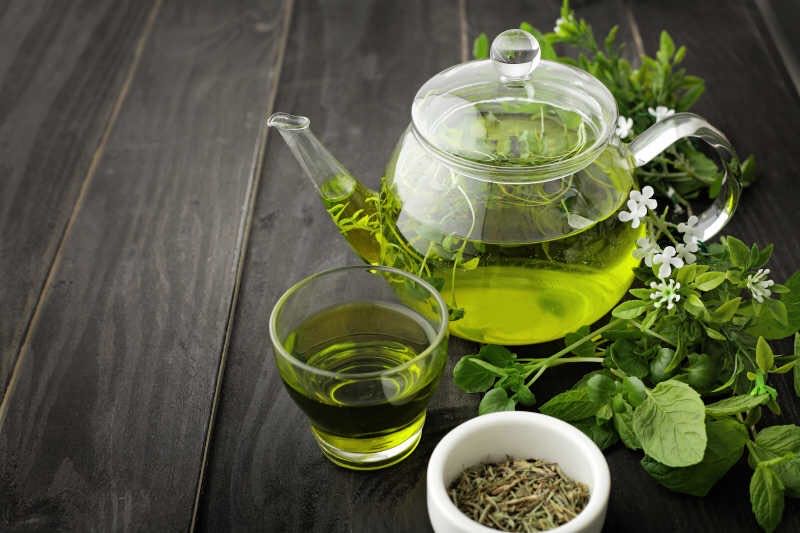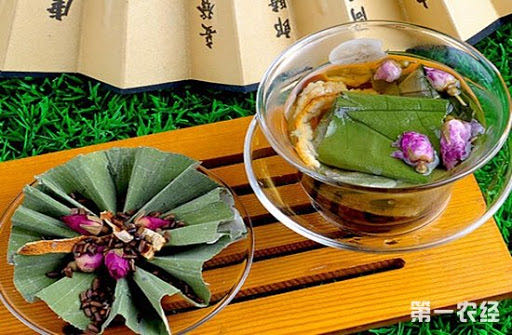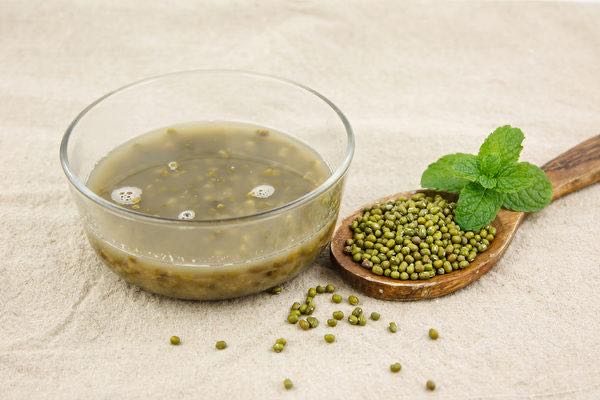Instead of drinking ice-cold beverage or eat ice-cream in hot summer, Chinese traditional medicine considers that drinking hot infusion is one of best practices used to against intense summer heat.
Traditional Chinese medicine, with thousand years of study and practice, records the heating (Yang阳) and cooling (Yin 阴) properties of natural plants, herbs and foods. Various herbs, teas and fruits with cooling properties, which are not necessarily related to temperature, but to lower amount of oxidation, are used in our daily life in order to provide a long holistic effect of cooling and to clean toxins cumulated through heavy summer season.
Here are 3 most used summer hot beverages in China, as well as throughout other parts of East Asia:
1. Green tea, which has lowest amount of oxidation, is considered the tea with the most cooling properties and anti-UV effect.

2. Lotus leaf tea, the bitter but lightly fragranted lotus leaf offers great cooling properties in driving out the inflamation caused by summer heat; adding several roses and some honey will make it a diva drink for girls.

3. Green bean soup: green bean is the most used ingrediant in summer food in China and has high cooling properties and detoxins thanks to its lightly oxidized feature. Chinese elderly often welcome their kids after school or work with a bowl of green bean soup sweetened by crystal sugar.

Why not try those drinks this summer to see whether they provide long healing and cooling effect?
Just a reminder, there are only two weeks to go in our theme-based virtual summer camp! Try it to refresh your knowledge about Chinese language.
(Photo source: Internet)
Learning Chinese: How to Use Multimedia Contents in the Classroom
Theme-based Learning is a very efficient method for young children’s issue-centered learning. But it could be very challenging to educators. By using hihilulu contents platform, LPT and hihilulu created a Chinese curriculum based on Chinese cartoons.
Learning Chinese: What's the Best Time for Kids to Start?
Hello everyone, today it’s the first time I write an article and share my daughter's language learning experience, I hope you may get some insights after you read this article. Many parents are confused whether kids learn the foreign language will influen...
Learn Halloween Activities and Words in Chinese
Halloween is coming soon! It's the perfect time to talk about pumpkin, spider, witch and masks. Do you know how to say all of these things in Chinese? And are you curious about what kind of activities you could do in a Chinese style Halloween?
hihilulu holds the right to deal with malicious speech in the Comment area.